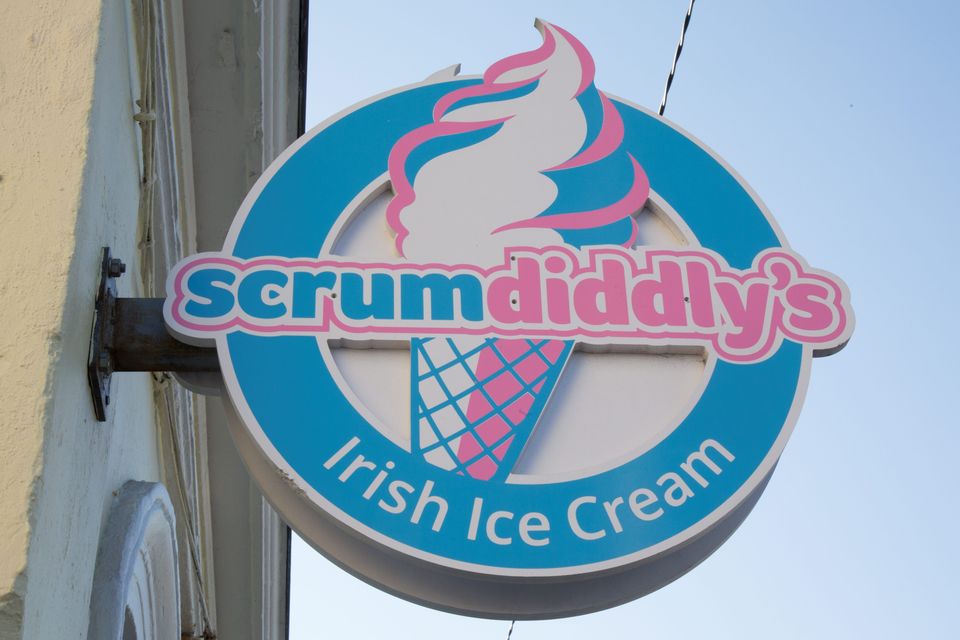
THE global muslim population is estimated to be over 2.03 billion as of 2024. This represents more than 25% of the world’s total population of approximately 8.
13 billion – making Islam the second largest religion globally, following Christianity. From this statistic alone, it indicates that there is still plenty of opportunity for businesses to tap into. Sharing his thoughts with StarBiz, Creed & Culture co-founder Omar DaCosta-Shahid said brands are bound to gain benefit once they opt to appeal to the Muslim market.

“Targeting Muslims in your marketing cannot simply be ignored, especially given its population globally,” he said. Creed & Culture is an innovative marketing agency that bridges the gap between faith and culture, collaborating with some of the world’s most prominent brands. Their mission is to engage diverse and often elusive audiences through cutting-edge digital and data-driven strategies.
Added with the fact that approximately 66% of Muslims are under the age of 30, it presents a group of consumers that are eager to resonate with their values and lifestyle. Companies that incorporate Islamic branding principles into their operations will not only have a unique selling proposition, but also create that emotional connection with consumers–which oftentimes would enhance customer satisfaction and encourage recurring purchases. Omar shared one standout success story where Muslim Influencer Network’s (MINs) campaign had turned Anchor Butter into the UK’s second best-selling butter in 2019, after connecting the brand to Muslim consumers via Muslim influencers.
However, it is important to note that businesses cannot appeal to every Muslim all at once due to various demographic and cultural differences, he pointed out. “Muslims are diverse and there is a broadening of perspectives and lifestyles as each day goes by. Muslims here in Malaysia may respond very differently to products compared to – for example, Muslims in Germany.
” Hence, it is essential for business to adopt a nuanced approach that recognises the diversity and complexity within this demographic, such as understanding cultural and religious diversity, emphasising transparency and creating value-driven content. Best practices Starting a business can be both an exciting and daunting endeavour for entrepreneurs. Challenges faced today are multifaceted, and entrepreneurs must be prepared to face intense competition and psychological hurdles while leveraging available resources and strategies to increase their chances of success.
In the context of catering to the Muslim market, on the other hand, may present a different kind of challenge for businesses. Some challenges include differentiating segments within the Muslim population, avoiding risks of stereotyping and misrepresentation and balancing cultural sensitivity with modern marketing, among others. For brands kick-starting their expansion into the Muslim market, Omar advised them to begin their efforts without fear of making mistakes.
“Just make a start. You cannot possibly be making a mistake by trying to win an audience of hundreds of millions. “To grow your brand or product, consider targeting Muslims who have substantial spending power.
If you market to them effectively, they can become loyal customers. “I would recommend to first do research on your audience, validate your idea, and then build trust by working with the community you’ll be targeting to define the messaging and product,” he said. Audience research is crucial for brands to effectively engage with the diverse Muslim market.
Omar suggested brands to utilise influencer marketing to further boost penetration into the market. Influencer marketing has gained prominence due to its ability to build brand awareness, trust, and drive sales, as consumers seek authentic recommendations. This approach has become a vital component of modern digital marketing, reflecting the shifting dynamics of consumer behaviour and media consumption.
“Once you (brands) use influencer marketing and have content that resonates with the Muslim audience, try running it through paid ads to increase reach and visibility,” he said. Using paid ads alongside influencer marketing allows brands to target specific demographics, interests, and behaviours. “This will lead to higher conversion rates and more effective campaigns.
“Brands can then continue to nurture and build trust, and eventually, you’ll have a loyal audience that is unmatched by other brands,” he added. Omar is a Muslim content creator and influencer, recognised in Forbes’ 30 Under 30 and among the 100 most influential British Muslims. He also founded Spirituality of Business, an initiative that guides Muslims in establishing and managing businesses rooted in Islamic principles to foster social impact.
Speaking at the second day of 2024’s World Islamic Tourism Conference (WITC), Omar will be sharing about the origins and importance of modern day marketing, as well as how brands can play a part in making the world a safer and prosperous place. WITC 2024 will be held from Sept 12 to 13, 2024 at Sunway Resort Hotel, Kuala Lumpur, and will bring together more than 30 speakers to discuss new insights and trends of the Muslim tourist market following the theme “Forging Connections”. For details, visit www.
witc.gov.my.
Key in promo code STAR for a 50% discount on conference tickets..










